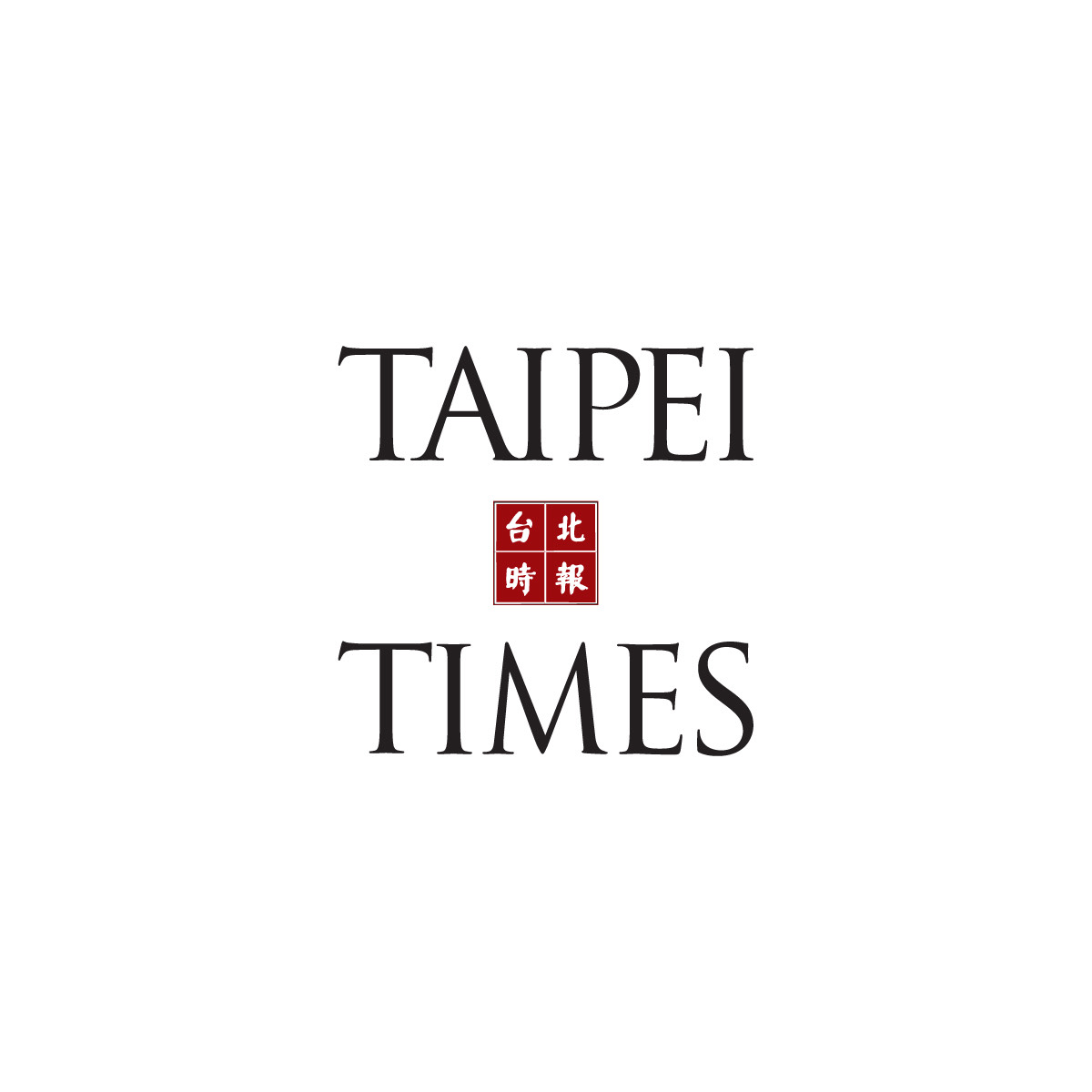Taiwanese vice president and presidential hopeful William Lai Ching-te has underlined Taiwan’s status as a sovereign nation and said that the world knows that China is to blame for a recent rise in tensions.
At a press conference for foreign journalists on Friday, ruling Democratic Progressive Party candidate Lai said that the island has proven its status as a country through its democratic actions.
“Taiwan holds regular elections for our president, vice president, legislators, officials, mayors and local government leaders, and they serve the people, so I think this shows that it is a fact that Taiwan is a sovereign country,” Lai said. “This is a fact, this is the truth.”
Lai, the frontrunner in Taiwan’s upcoming presidential election, added that much of the island’s society agrees, as regular polling shows that most Taiwanese people view Taiwan as independent, even though its sovereignty is only recognised by 12 nations and the Holy See.
“This is a consensus in Taiwan. In the future, I will build on this foundation when conducting foreign policy,” he told reporters.
His comments come as Beijing protested another United States weapons sale to Taiwan – this time a $500m package that included tech like infrared search and track systems for Taiwan’s F-16 fighter jets.
Chinese military spokesperson Zhang Xiaogang on Friday urged the “US side to effectively fulfil its commitment not to support the independence of Taiwan, to immediately stop arming Taiwan, and to stop enhancing US-Taiwan military ties”.
While the US does not formally recognise Taiwan, also known as the Republic of China, it is one of its top allies and chief security backers. Taiwan regularly buys weapons from the US as a deterrent against military action by China.
“The international community understands that recent tensions are not because of President Tsai or because of Taiwan, but because of China,” Lai told reporters on Friday.
If he wins, Lai will have to square off with Chinese President Xi Jinping, who has promised to restore Taiwan to the “motherland” by 2049, the deadline for a national rejuvenation campaign. Xi has not ruled out taking the island by force.
Incumbent President Tsai Ing-wen, a one-time WTO trade negotiator, has raised Taiwan’s international profile since taking office in 2016 but has also carefully avoided topics like Taiwanese independence.
Lai, by contrast, is known in Taiwan for his more outspoken views, although he has tempered them on the campaign trail.


